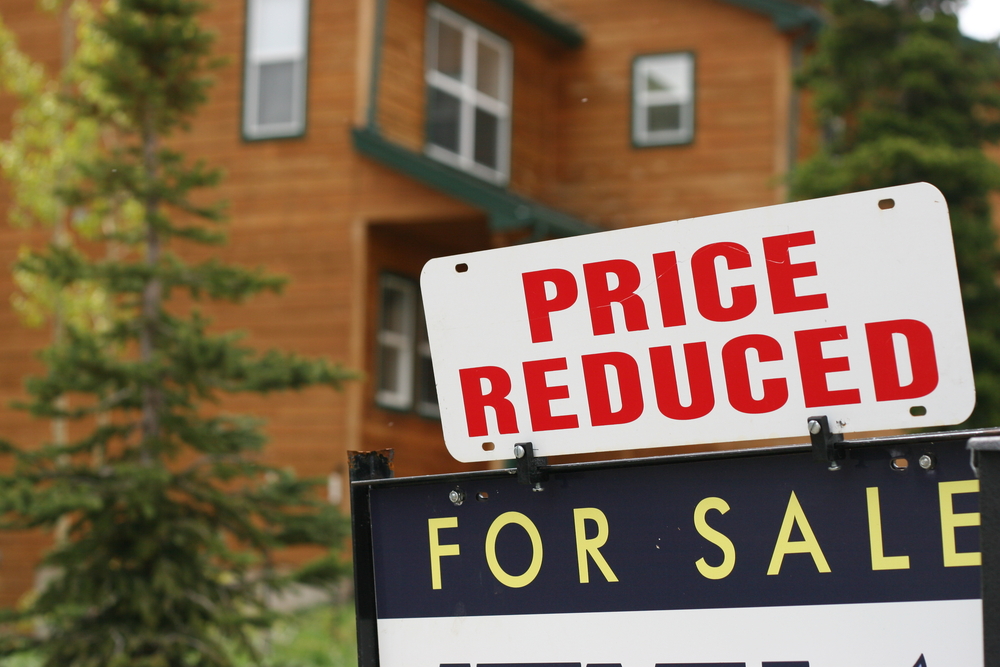3 important factors that can affect property prices

Property prices are influenced by a number of factors.
Some of these are fairly straightforward, such as the land size and the number of bedrooms, or proximity to public transport.
However, there are also some lesser-known factors that have a significant impact on the final sale price of a house, townhouse or unit. Being aware of these may save you thousands when buying a home — or help you maximise the value of your investment property.
If you’re buying or investing, here are three considerations to keep in mind that can influence property prices.
1. The weather

Have sunny weather on the day of the auction? If so, the property is likely going to sell at a higher price.
A recent UTS study has revealed that weather plays an integral part in auction day results.
A sunny or hot day can result in paying thousands more on auction day, as opposed to a dreary or rainy day. This is because there is a link between the sentiment of buyers and asset prices, such as houses or stocks.
The study has proven that while buying property is the largest investment most people will ever make, it doesn’t mean it is completely driven by rational decision-making.
“Houses are not priced rationally. The price is partly driven by people’s feelings, particularly at auctions. So if you are buying or selling a house, it is good to be aware of these influences.”
Dr. Adrian Lee, Senior Lecturer in Finance at UTS Business School
On average, a sunny day will increase auction property prices by 1% compared to overcast days. A 10-degree higher temperature leads to 0.64%, or $7,400 increase, in auction price. Meanwhile, a rainy day resulted in 0.174% lower auction prices on average — the equivalent to a decrease of roughly $2,050 — than prices on a clear day.
Not surprisingly, the study revealed that property also sold for less around long weekends and public holidays as fewer people attended.
2. Noise pollution

Traditionally, noise pollution (and in particular, planes) has been offputting for some buyers, which is why properties near the airport may sell for a lower price than those in a suburb with less noise pollution. House prices tend to be discounted by approximately 1% per decibel of aircraft noise.
However, this isn’t a deterrent for all buyers.
First home buyers, in particular, are finding this compromise a small price to pay to enter the property market — especially in cities like Sydney, where living by the airport means they are still conveniently located close to the CBD.
3. School zones

Another strong correlation to increased property prices is the proximity to good schools.
In fact, a 5% increase in school quality (as measured by NAPLAN testing) results in 1% property price increases. And, in some coveted school zones, property prices have soared by as much as 46% in 12 months.
If you don’t need to consider schooling for children, then avoiding top schools can have a big impact on property prices. Even living a few streets away from a top school, regardless of the catchment area, results in approximately 40% fewer inspections and, in turn, a 5-10% lower auction sale price.
Secure the best deal on your property purchase
If you’re struggling to purchase a home, try negotiating or attending an auction on a cold, rainy day; consider if you’re willing to compromise on some noise pollution; and be sure to avoid top school zones.
Alternatively, speak to a property-buying expert like Frank Russo. A property investment advisor can search out the right property for the best price and negotiate on your behalf to make sure you don’t overpay.
Frank Russo
Property Buyers Agent – L.R.E.A 1003 5893
Property Investment Advisor
T: 0424 613 696
W: www.searchfindinvest.com.au
Tower 1, Level 23, 520 Oxford Street Bondi Junction, 2022
** General Advice Warning
The information provided on this website is general in nature only and it does not take into account your personal needs or circumstances into consideration. Before acting on any advice, you should consider whether the information is appropriate to your needs and where appropriate, seek professional advice in relation to legal, financial, taxation, mortgage or other advice.




